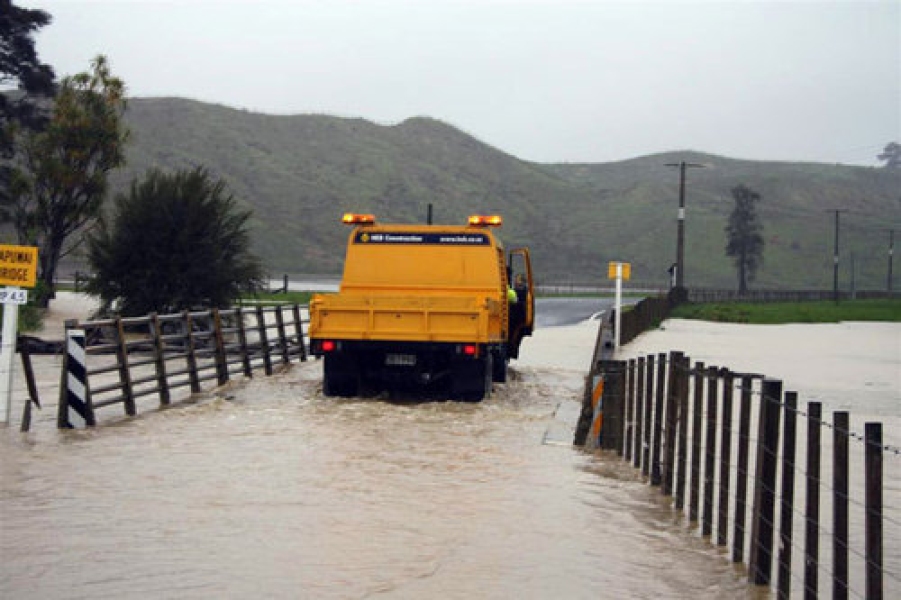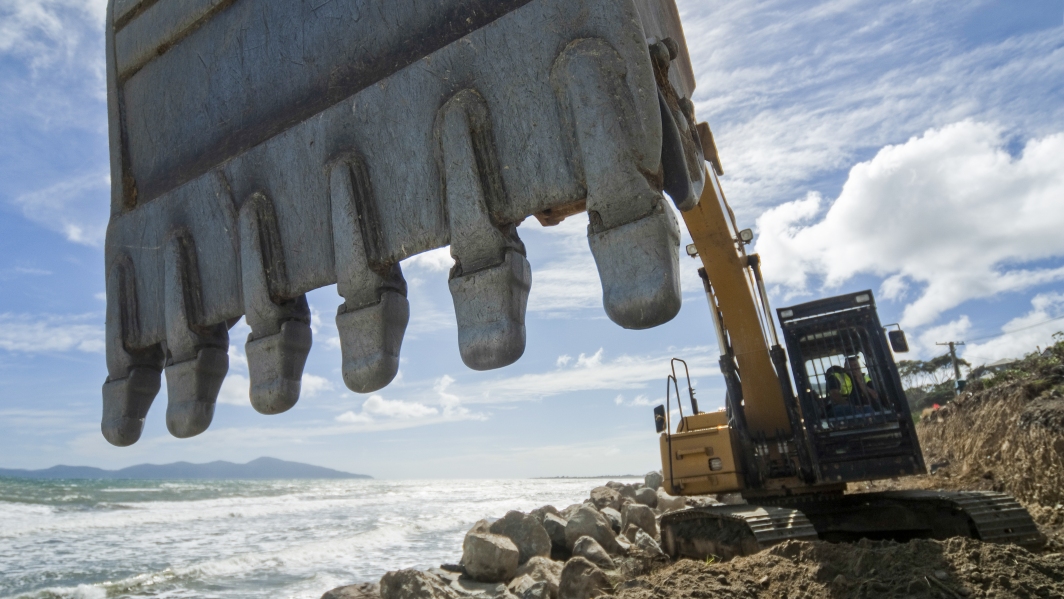Introduction
Around 75% of the $1.5 billion insurance payout for damages from natural hazards in New Zealand over the last 40 years was for weather related hazards. These risks are expected to increase in future because of climate change, perhaps greatly so if international efforts to reduce greenhouse gases are not significant.
New Zealand needs communities that are prepared for climate change and the hazards that come with it. Urban environments are particularly vulnerable to extreme weather and flooding events (including coastal storm surge). This Toolbox is designed to provide guidance and decision tools that can be used by urban council staff and policy makers to reduce the potential harm caused by these projected changes.
The "Impacts of Climate Change on Urban Infrastructure and the Built Environment Toolbox" will help city, district, regional and central government identify opportunities and reduce the impacts of climate change. The Toolbox follows a science-based risk assessment process and demonstrates methods of identifying adaptation options and evaluating their benefits. The Tools build on and frequently reference existing climate change guidance material, particularly the following reports (and their corresponding summary reports) available from the Ministry for the Environment:
- Climate Change Effects and Impacts Assessment: A Guidance Manual for Local Government in New Zealand (2008)
- Coastal Hazards and Climate Change: A Guidance Manual for Local Government in New Zealand (2008)
- Tools for estimating the effects of climate change on flood flow: A guidance manual for local government in New Zealand (2010)
Related links
- Urban Impacts Toolbox
- Climate variability and change
- NZ temperature record
- Climate change scenarios for New Zealand
-

Use and structure
The Toolbox is primarily designed for New Zealand city council staff with a range of roles and responsibilities, including infrastructure management, urban development and emergency management. -

Decision Tools
The Decision Tools in this Toolbox can be used to inform and direct the decision-making process. -

Decision-Making Framework
A decision framework has been developed that provides for a balanced and justifiable prioritisation of sustainable adaptations to climate change and which is flexible to change.


